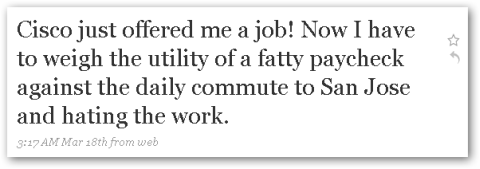Author: Colette Richter
You can call it Web 2.0, the social Web or any other neologism, more and more companies and organizations do have internal social media policies to protect themselves and their brand reputation. If not, it is absolutely overdue.
If your business is involved with any social media channel, it’s important that you have a set of guidelines to steer your interactions with customers, and more importantly, prevent anyone on your team from ruining your reputation.
In fact this is nothing new. Already in 1936, Dale Carnegie, an American communication and motivational speaker formulated the most important rules in interpersonal relations and issued the bestseller ‘how to win friends and influence people’. Frank Fuchs (previous Microsoft) described this as the best social media guidelines he has ever read.
What happens when employees are on their personal social media website? Of course they don’t really have a communication strategy. What if the user is emotionally affected? Mostly unintentionally or inconsiderate they post their frustration, infringe copyrights or offend colleagues, superiors, and perhaps even customers – the public.
How about this one….. Loose a job before it even has started:
In March 2009, 22-year old Connor Riley was offered a job. Her first instinct – to tweet about her new opportunity—is pretty common for most people of her generation. Unfortunately, Riley’s tweet mentioned that taking a “fatty paycheck” would come at the expense of “hating the work.” A Cisco employee responded to her tweet, offering to pass her sentiments along to the hiring manager. Riley lost the job before it was even started.
Other examples you find on ‘10 people who have lost their job over social media mistakes’.
Therefore it is important to implement internally social media guidelines and recommended procedures for private use to set clear lines and employees understand that even private posts can have far reaching consequences for better or for worse….
